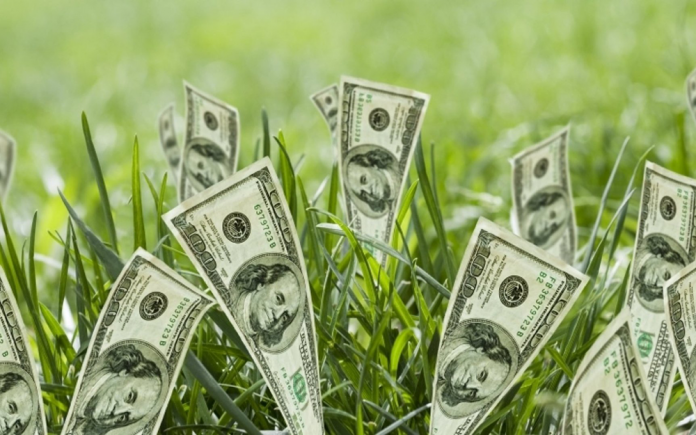
By Haddon Libby
Following the Federal Reserve’s latest increase in the Fed Funds rate, anyone with large cash balances at a bank, an investment account or a retirement account needs to rethink what they have been investing in.
Get 4% or More on Cash
If you have been keeping your money at a banks for the safety and accepting the paltry returns that you receive, you finally have some safe options that pay some of the highest returns in twenty years. No longer must you accept returns where the word ‘high’ must refer to the mental state of the bank pretending to believe that the rate paid is good.
Without naming banks, most pay customers as much as 2.5% less than they pay to non-clients. The trick to getting the higher interest rates is to open an account at an investment firm like mine or a brokerage firm like Charles Schwab. It may surprise you but advisory firms and brokers offer checking accounts as part of most investment accounts. Once you have this new account opened, you can buy brokered bank CDs that pay as much as an extra 2.5% in interest. That means that a 90 day CD that paid 2% through your bank will pay 4-4.5% through us.
An additional benefit is that you can buy other short-term investments like U.S. Treasuries that typically pay as much or more than bank CDs.
Look at your Investments.
With higher interest rates and a looming recession, it is time to look at your mix of assets.
For those who are in the early stages of building a nest egg, look at the market’s declines as a chance to invest at a discount. While stock prices could move lower over the next few quarters, if you are investing for thirty or more years from now, lower prices are your friend. Be happy that the market has fallen.
While the younger investor will benefit by these lower prices, an investor in retirement or nearing retirement might not be as happy as they will draw on these savings soon.
To determine the right mix of different holdings for you, realize that long-term is anything over seven years. If you do not expect to need to spend your money for at least seven years, you are a long-term investor. If you think you will need to use your money in the next three to seven years, you are a medium-term investor. Anything under three years is short-term. Most investors will have some money in each investment bucket.
History tells us that we should earn 8.5% from stocks over the long-term. Bonds yield 4% over the long-term. If you can get a 6% return for lending to T-Mobile for two years (aka buying a bond), do you really need the equity risk? If a U.S. Treasury is paying 5% for a little more than one year, should you really be keeping your money in a bank?
History tells us that high interest rates will attract more investor money as the rate of return is close enough to the stock of a company. When people start putting more into bonds, the price of stocks falls as there are fewer dollars chasing those stock investments. Add to that higher borrowing costs for many companies and you have a cycle that serves to keep stock prices lower for longer than typically thought.
What does this mean to you?
If you are young, invest in equities as you are buying at a steep discount to only a few months ago. As you have decades ahead of you before you need to touch your savings, you want to own assets that will go up in value by the most over the long-run.
To almost everyone else, look at cutting back stock exposure and buying bank CDs, US Treasuries and corporate bonds. Try and avoid mutual funds and ETFs as these funds go down in value as rates are increasing.
Have questions? Please feel free to ask me at hlibby@winslowdrake.com.
Haddon Libby is the Founder and Chief Investment Officer of Winslow Drake Investment Management, a Locally-Based State-Registered Investment Advisory Firm. For more information, please visit www.WinslowDrake.com.











































